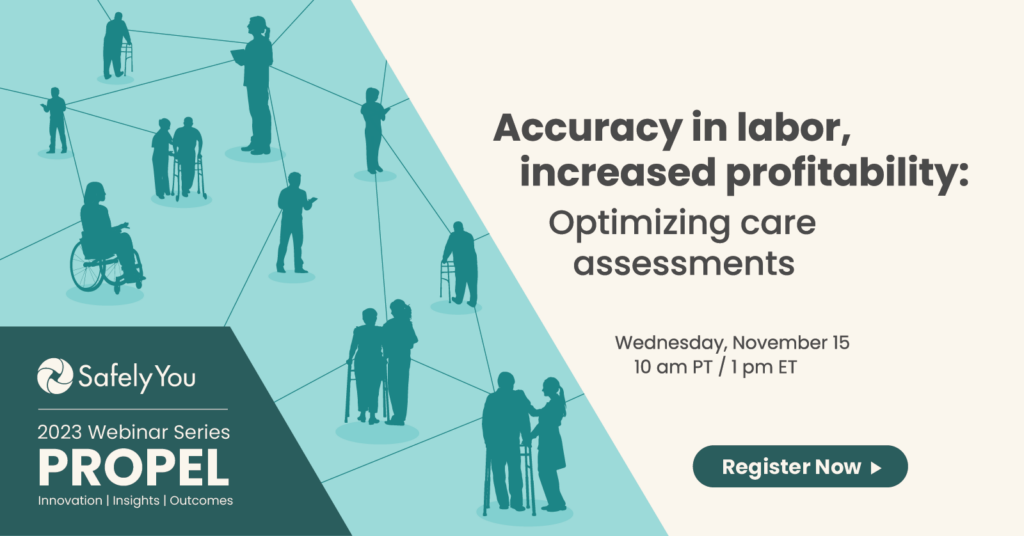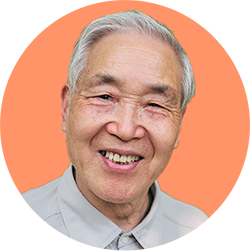Senior housing occupancy rates are at an all-time low, falling by nearly 7% to 80.7% due to the COVID-19 pandemic in 2020 according to GlobeSt.com. Communities must find ways to keep the residents they have and not lose them to competitors while ramping up referrals to attract new move-ins.
One way to achieve this go is by initiating a rounding program to demonstrate that residents are well-cared for and safe and satisfied. Many may think this is just a program for hospitals, but this best practice, which we’ll call resident rounding, can and should be applied to memory care and senior housing communities. It will increase staff productivity and decrease turnover while improving the resident experience and reducing falls.
Numerous studies find that leadership teams need to engage with the direct-care staff to develop and design a truly successful resident-rounding program. When leadership is actively involved, the following benefits can be achieved:
Reduce Costs by Increasing Staff Efficiency and Decreasing Turnover
Health care workers are experiencing high levels of burnout and stress during these unprecedented times. A proactive resident-rounding program is structured to help staff spend more time focusing on resident care. During the scheduled and consistent time with residents, staff will be required to assess surroundings and take actions to promote resident safety and improve the quality of care.
Resident rounding will help direct-care staff be more engaged and invested in their jobs, and it can decrease staff turnover, which costs up to $5,200 per employee, according to the U.S. Bureau of Labor Statistics. This is even more critical since turnover rates are averaging 50%. If a community has 100 employees, it needs to maximize resources, retain valuable employees and avoid the potential $250,000 expense of training new hires.
Improve Residents’ Quality of Life
A resident’s satisfaction is directly tied to their quality of life. A resident-rounding program will enable you to implement a person-centered care approach so direct-care staff can spend more one-on-one time attending to a resident’s needs and learning about their perspective.
Person-centered care also is a practical way to improve the quality of life for adults living with Alzheimer’s and dementia. It helps direct-care staff focus on the person’s uniqueness and preferences, instead of the challenges and the person’s lost abilities. For instance, a resident may prefer to shower before bed instead of the morning or may want to drink a cup of coffee before eating breakfast. These simple adjustments can make the day go a lot smoother and less challenging when it is based on the resident’s preferences.
Reduce Falls by Bolstering Your Fall Prevention Program
In addition to improving staff performance and increasing resident satisfaction, a resident-rounding program also is a great way to elevate a fall prevention program and reduce falls. In fact, an interesting study by the National Center for Biotechnology Institute really drives home the benefits of increasing employee satisfaction. It found that raising employee satisfaction by just one point will increase employee and resident satisfaction by 17.4 points and decrease falls by a staggering 19%.
These results are obtainable when fall prevention best practices are integrated into a resident-rounding program. Staff can ensure the bed is in its lowest position, declutter the environment, and place eyeglasses, mobility aids and appropriate footwear within reach when they check on residents.
A consistent, proactive rounding program where leadership and direct-care staff are actively involved in program design can significantly reduce fall rates. The key is leadership participation, though. Without it, resident-rounding does not appear to be an effective fall prevention strategy.
Elevate Your Fall Management Program
To learn more about implementing a purposeful resident-round program in your community, download SafelyYou’s latest whitepaper, “Increase Staff Efficiency, Reduce Falls and Cut Costs in Senior Housing with Resident Rounding.”
For more information, contact SafelyYou at [email protected].





